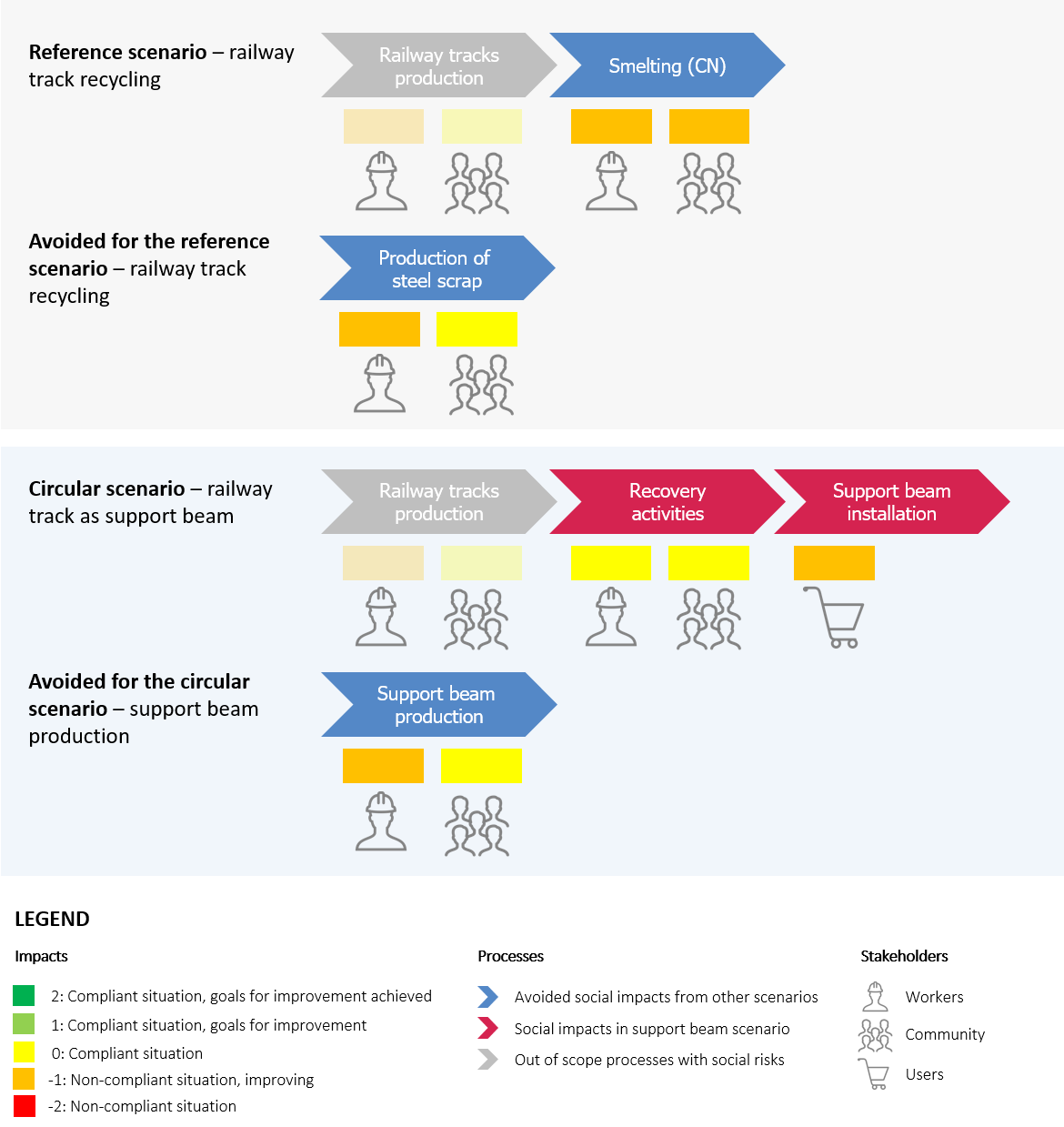Towards integrating social and environmental value in resources passports
The idea of the circular economy holds huge promise. But take-up has been lagging, partly because it’s not always clear what the benefit of using a recycled product or material is. Excess Materials Exchange (EME) developed a platform to help companies match materials to application, and provides so-called resources passports that show the value of resources. PRé analyzed two use cases for EME to support their claim and process with real data into the social and environmental impacts avoided by choosing recycled materials.
About
Excess Materials Exchange (EME) is a young and innovative company that facilitates the global transition towards the circular economy. They do this by giving a new high-value destination to products and waste streams that others may find unusable. One of the ways to bring this into practice is via their recently launched digital matching platform, a marketplace that matches supply and demand of waste materials within organizations. In addition, they provide resources passports: a standardized way of matching materials, products and waste streams by to their highest value uses.
Challenge
EME understands that value is not only environmental and economic. There is also social value to be found in reusing products and materials. By giving insights into social impacts, EME wants to provide their customers with a holistic view on sustainability. PRé helped EME with assessing both the social and environmental value of new destinations for orange peels and railway tracks.
Solution
The pilot cases for orange peels and railway tracks assessed social impact with the methodology from the Handbook for Product Social Impact Assessment and environmental impact using the Ecocosts method. The traditional end-of-life scenarios for orange peels and railway tracks were compared to the reuse scenarios. This analysis resulted in the following insights:
- Using orange peels for the production of limonene, molasses and cattle feed provides more value than the traditional end-of-life method of composting. The reuse scenario has a positive impact on the environment. The avoided production of cattle feed is especially beneficial. In addition, this result avoids the negative social impacts of the production of limonene and molasses (in the US) and cattle feed (in the Netherlands). This match for orange peels provides a high-value destination that has a beneficial contribution to sustainability.
- Using the railway tracks as support beams provides more value than smelting the tracks in Asia. Reusing the railway tracks has a positive impact on the environment, because of the avoided production of new support beams and the avoided smelting of the tracks. Social risks around smelting in Asia are avoided. However, since railway beams are not developed as support beams, using them as such could carry potential risks for the builder that installs them as they are not specifically designed as support beam. The other social impacts seemed largely similar between the two end-of-life options, although the data used was not collected for company-specific cases. The image below shows the impacts and avoided impacts of the two end-of-life scenarios for the railway tracks, for the stakeholder categories that were in scope of the assessment.
Benefits
The assessment gave EME:
- Insight into the social hotspots for the two case studies, both in terms of the most relevant social topics as well as the important stakeholders
- A starting point for integrating social value in resource passports. This creates the possibility to compare products holistically on environmental, social and economic impacts.
All in all, the assessment helped EME to understand the value of different reuse options, and to make fact-based decisions that take into account all three sustainability pillars.
Contact the expert
Rosan Harmens
Consultant

